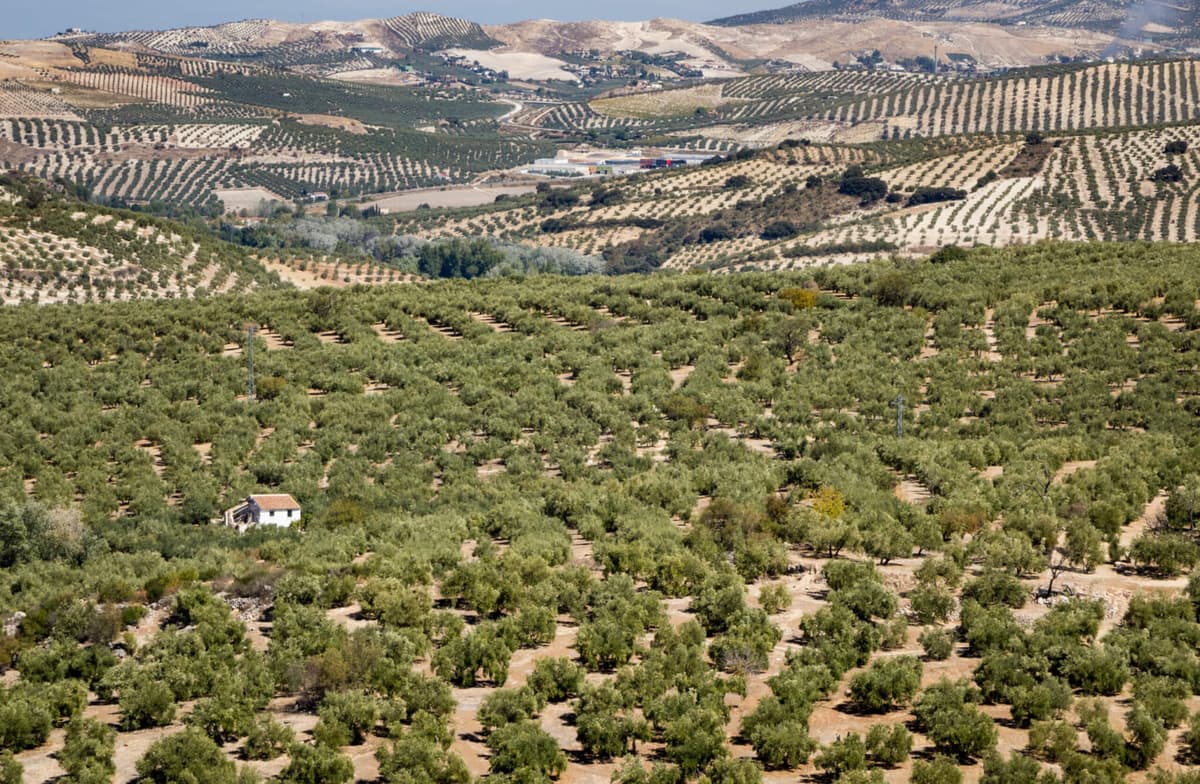Moeve's €600m Investment in Spain's Biomethane Revolution
Key Ideas
- Moeve plans to invest €600m in developing 30 biomethane plants in Spain, focusing on regions like Andalusia, Catalonia, and Galicia.
- The biomethane production aims to reuse 10 million tonnes of waste annually, prevent 728,000 tonnes of CO2 emissions, and provide energy for 568,000 households.
- The partnership with Kira Ventures, PreZero, InproEner, and EnviTec Biogas will help Moeve achieve its goal of reducing CO2 emissions by 55% by 2030 and becoming carbon neutral by 2050.
- Biomethane production not only contributes to reducing CO2 emissions but also promotes rural economic development by using agricultural and livestock waste as renewable energy sources.
Moeve, an energy company, has announced a massive investment plan of €600 million to establish 30 biomethane plants across Spain. The regions of Andalusia, Catalonia, and Galicia have been identified as having significant potential for biomethane production. The objective is to generate biomethane from agricultural and livestock waste, aiming to manage a project portfolio of 4 TWh by 2030. By opting for renewable gas over fossil fuels, Moeve plans to decrease CO2 emissions from its energy parks, chemical plants, and industrial partners. Additionally, this initiative will support green hydrogen production and sustainable mobility.
The anticipated annual production from these plants is estimated to provide energy equivalent to that consumed by 568,000 households. Furthermore, it will lead to the reuse of 10 million tonnes of waste yearly and prevent the emission of 728,000 tonnes of CO2 annually. The collaboration with partners such as Kira Ventures, PreZero, InproEner, and EnviTec Biogas, along with a recent agreement with InProEner to develop five biomethane plants, is pivotal to achieving these ambitious goals.
Matteo Vaglio, Moeve’s Biofuels Manager, emphasized the importance of biomethane in decarbonizing activities and supporting rural development. Moeve aims to reduce its CO2 emissions by 55% by 2030 and become carbon neutral by 2050. Biomethane, derived from organic waste through anaerobic digestion and upgrading processes, plays a crucial role in this energy transition. It significantly reduces CO2 emissions compared to conventional natural gas and contributes to the economic growth of rural areas.
The initiative aligns with the REPowerEU strategy to diminish reliance on fossil fuels and cut down on CO2 emissions. The recent funding of up to €80 million from the European Investment Bank to Nortegas Renovables for constructing biomethane plants in Spain underscores the growing support for renewable energy projects in the country.
Topics
Investing
Renewable Energy
Sustainability
Investment
Energy Transition
Rural Development
Carbon Neutrality
Agriculture
Livestock
Latest News
